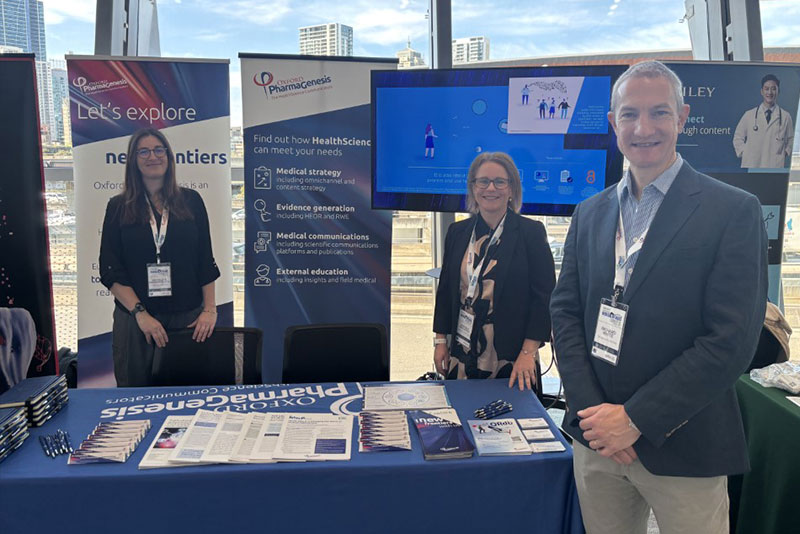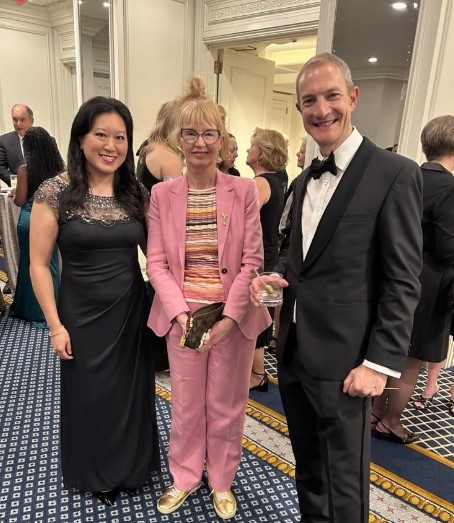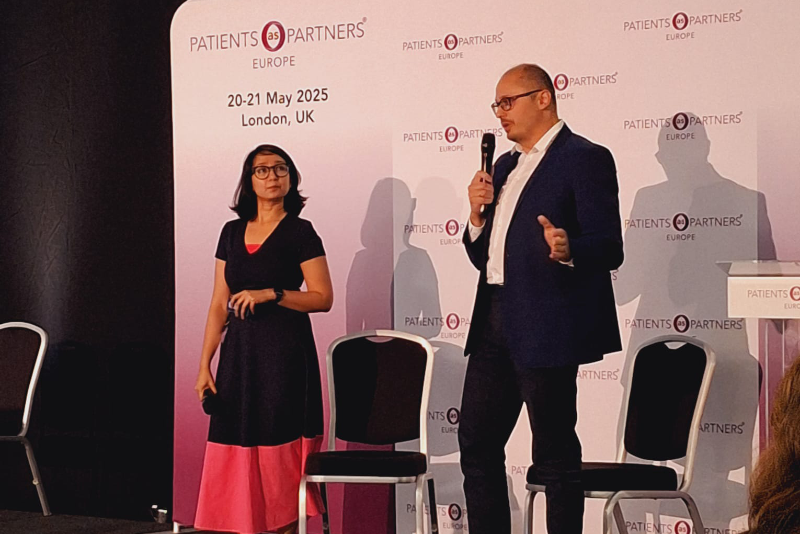From data to decisions: MAPA-MAPS 2025 spotlight
Bold Ideas, Bright Futures: Brilliance in Medical Affairs was the theme of this year’s joint Medical Affairs Professionals of Australasia (MAPA) and Medical Affairs Professional Society (MAPS) Australasia Medical Affairs Summit. The 2-day meeting was held on 24 and 25 September in Sydney, Australia, and welcomed over 300 attendees and 75 faculty members.






